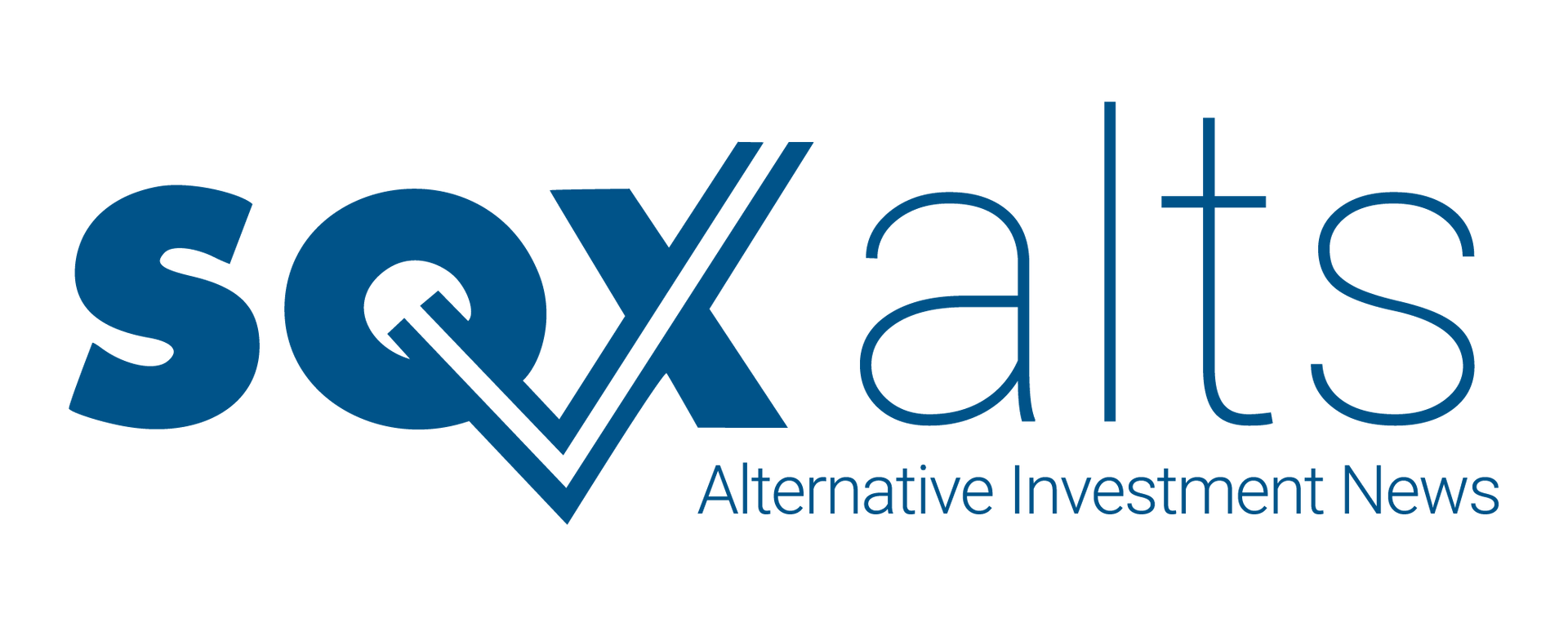Phillips Edison Reports Solid Q1 Gains
The REIT strengthened its grocery-anchored portfolio with strategic acquisitions while boosting occupancy rates.
April 28, 2025

Phillips Edison & Company, Inc. (Nasdaq: PECO) delivered strong first-quarter results, reporting steady revenue growth, expanded leasing activity, and strategic portfolio moves. The company’s focus on necessity-based retail continues to drive performance, positioning it for further growth in 2025.
Steady Revenue Growth and Improved Income
Phillips Edison brought in $178.3 million in total revenue for the quarter ending March 31, up 10.5% compared to last year. Rental income rose by $16.1 million, backed by higher base rents, additional lease buyout income, and stronger tenant recoveries. Acquisitions made over the past year also contributed to the increase.
Expenses grew in line with expansion, reaching $128.4 million, mainly due to property operations, taxes, and depreciation tied to new properties. Net income climbed nearly 47% to $28.9 million. Income attributable to common stockholders rose to $26.3 million, up from $17.7 million a year earlier.
The company’s Same-Center Net Operating Income (NOI) rose 3.9% year-over-year, reinforcing the strength of its core real estate portfolio.
Leasing Activity and Portfolio Highlights
Leased occupancy across Phillips Edison’s portfolio stayed high at 97.1%. Inline spaces, which are smaller retail spaces, reached a 94.6% leased rate. Retention remained solid, with 91.4% of tenants choosing to renew.
New lease signings totaled 326,000 square feet, and renewal and extension deals covered more than 1.2 million square feet. Comparable new leases recorded an average 28.1% rent increase, while renewals delivered a 20.8% rent lift. These results reflect the company’s ability to drive pricing even in a competitive environment.
Diversification across tenants also remained a key strength. No tenant accounted for more than 6% of total rent, and about 71% of annualized rent came from businesses offering day-to-day necessities.
Growth Through Targeted Acquisitions and Capital Investment
Phillips Edison expanded its holdings by acquiring five properties during the quarter, investing $139.1 million. These assets strengthened the company's focus on grocery-anchored shopping centers in key demographic markets.
The company also sold one property for $24.9 million, continuing its strategy of recycling capital. A $17.4 million secured loan receivable was recorded as part of this transaction.
Capital investments totaled $26.4 million for the quarter, covering improvements, tenant buildouts, and redevelopment work. Projects underway are targeting returns between 9% and 12% at stabilization.
Strong Balance Sheet and Liquidity Position
At quarter-end, Phillips Edison reported $5.16 billion in total assets and $2.62 billion in total equity. Debt levels were stable at $2.3 billion, with a weighted average interest rate of 4.4%.
In January, the company amended its unsecured revolving credit facility, increasing capacity to $1 billion and extending maturity to 2029. As of March 31, approximately $752 million in borrowing capacity remained available, giving the company flexibility for future initiatives.
Phillips Edison also maintained $177 million in availability under its at-the-market (ATM) equity program.
Focused Outlook
Looking ahead, the company remains focused on disciplined growth through acquisitions, reinvestment, and maintaining a strong tenant base. Management cited the importance of keeping its portfolio centered on necessity-based retail as a way to stay resilient in a shifting economic environment.
Phillips Edison expects its grocery-anchored strategy, combined with a diversified tenant mix and steady leasing momentum, to keep driving results through the rest of the year.


